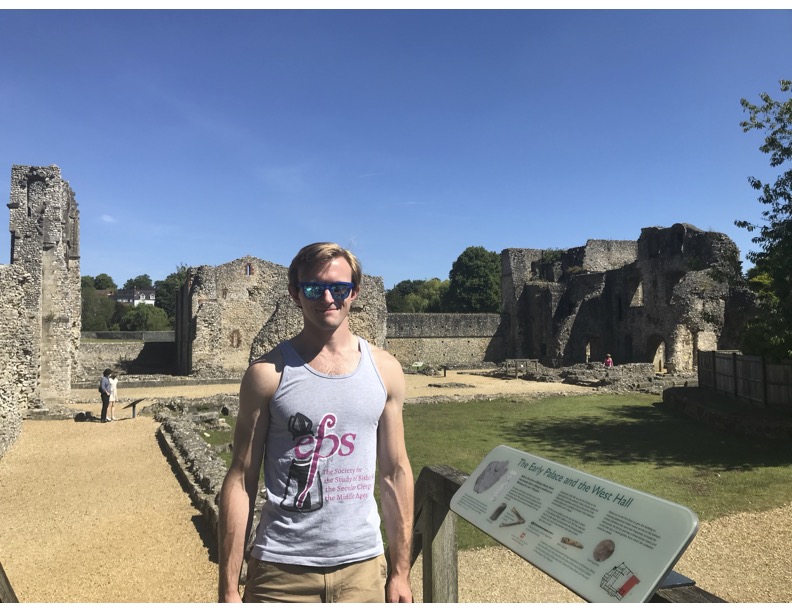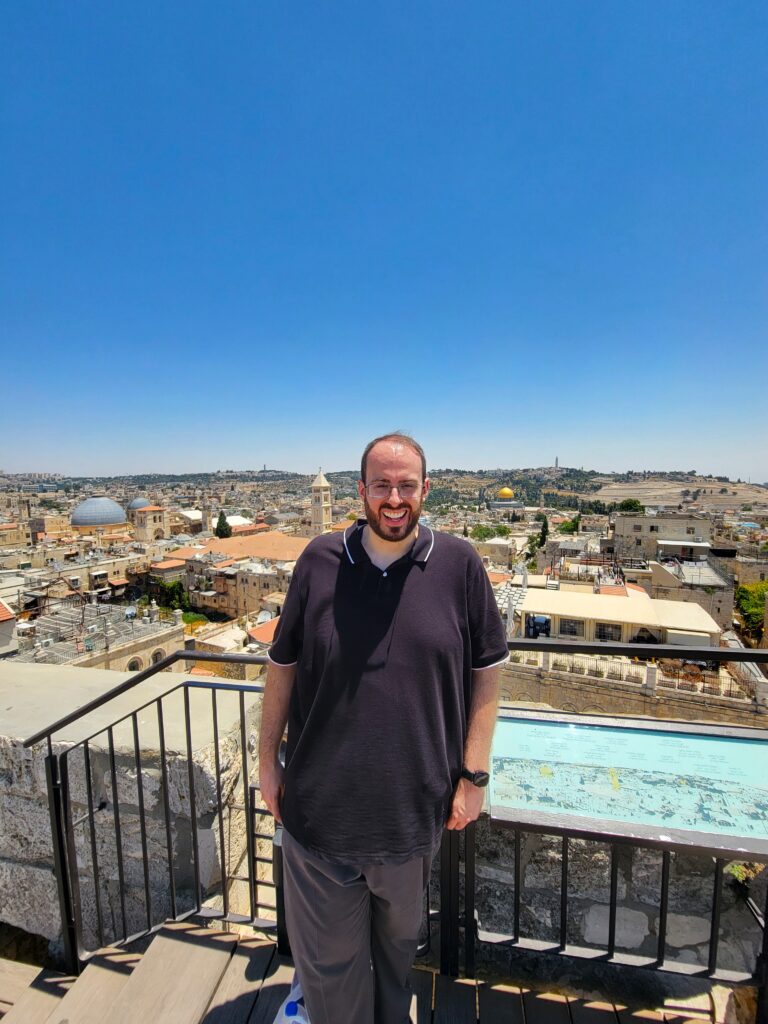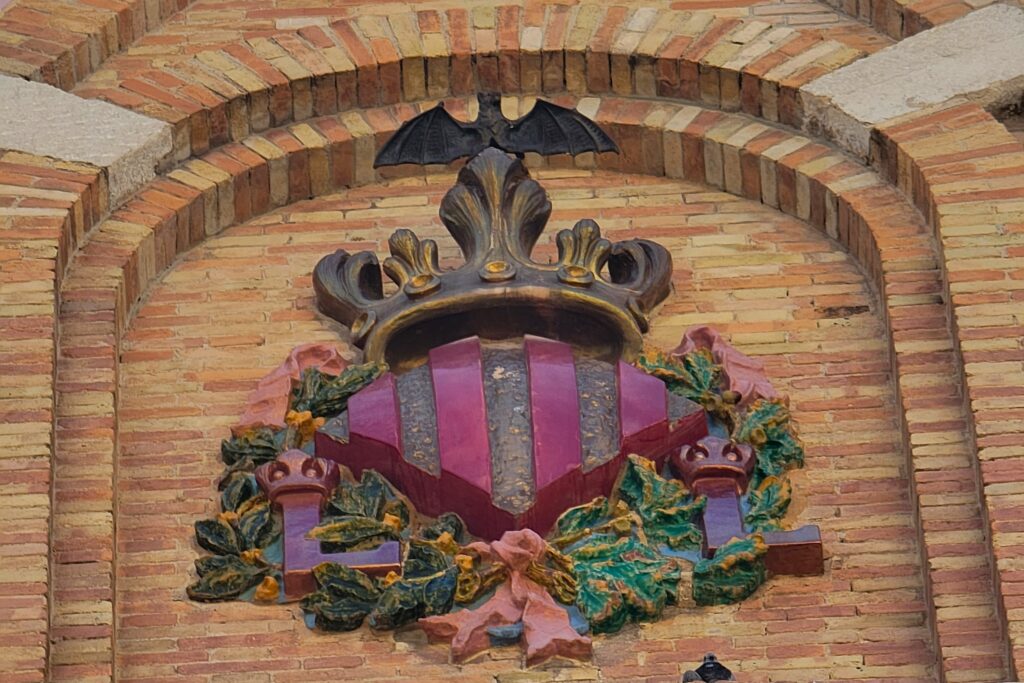“With the funds that I received from the Leahey Fellowship in 2023, I traveled to the United Kingdom to visit the Hampshire Archives, where I conducted research on the Winchester Pipe Rolls, some of the most extensive records of English manorial estate management because they survive in a nearly unbroken series from 1208/09 to 1710/11. These rolls provide detailed insights into the economic and agricultural history of the estates of the bishop of Winchester, as well as offering a glimpse into the lives of the diocese’s medieval residents and their relationship with the bishops. The bishops of Winchester were some of the wealthiest landlords in medieval England, overseeing massive estates throughout Hampshire and Surrey. My interest in the Pipe Rolls is directly related to my research into Bishop Henry of Blois (d. 1171), who is the subject of my dissertation.
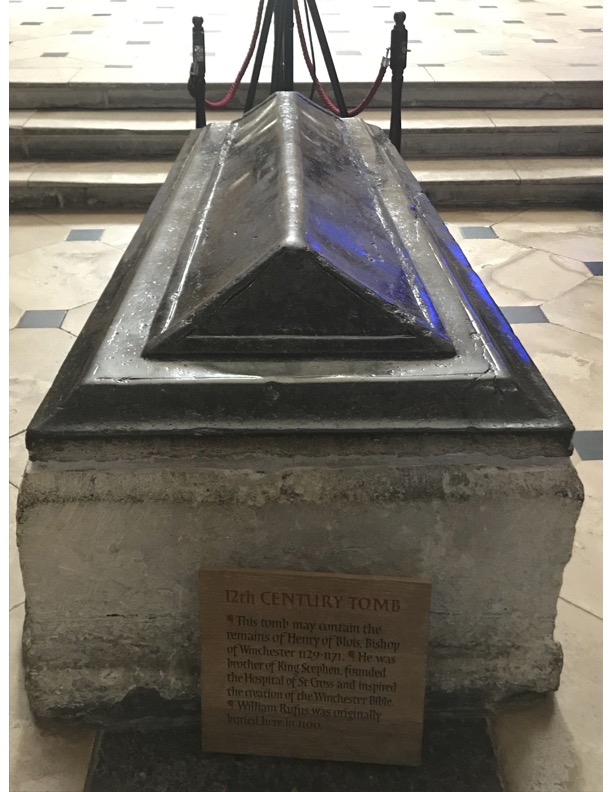
While Henry died some thirty-seven years before the creation of the earliest surviving rolls, he was known for his administrative genius. Appointed abbot of Glastonbury Abbey in 1126, he restored the monastery’s finances and was fondly remembered by later members of his community, such as the thirteenth-century chronicler Adam of Damerham. Elevated to the bishopric of Winchester in 1129, Henry became one of the richest and most influential prelates in the country. In 1148 He oversaw the creation of the Winton Domesday, a survey of episcopal properties in Winchester. He similarly reformed the finances of Cluny, the Burgundian abbey where he first became a monk, when he spent several years in exile there during the 1150s Henry’s flare for administration was well attested. The author of the Dialogue of the Exchequer, Bishop Richard FitzNigel, claimed to have heard the story of the Domesday Book’s creation from Henry himself. While his reputation for administrative prowess is legendary, no records from his time provide the level of detail that the Pipe Rolls give regarding the financial management of the diocese.
For this reason, I spent two weeks at the Hampshire County Records Office examining the Pipe Rolls. My goal was to acquire a better understanding of the realities of life in Winchester during the reign of Henry’s successors and to gain a frame of reference for the challenges that Henry faced during his career. Examining the rolls stretched my paleographical skills as I became better acquainted with the thirteenth-century script and format of these financial records. I made extensive use of Hubert Hall’s edition of the first roll from 1208-1209 to make sense of the abbreviations which the bishops’ scribes employed, allowing me to decipher the contents of later rolls that relied on similar language. I also explored the rest of the archive’s collection to inspect other materials relevant for Henry’s life and career. I studied a copy of the St. Swithun’s Cartulary, which included a number of charters issued by the bishop to the cathedral priory, including his final bequest to them. I also stumbled upon a nineteenth-century lecture given by Rev. W. A. Fearon to the students at Winchester College on “The Life and Times of Henry de Blois,” which provided some fascinating insights into the bishop’s long legacy. At the end of my research at the Hampshire County Records Office, I had made a strong start in my work on the rolls and used the generous funding of the Leahey Fellowship to purchase digital copies of relevant rolls for future consideration.
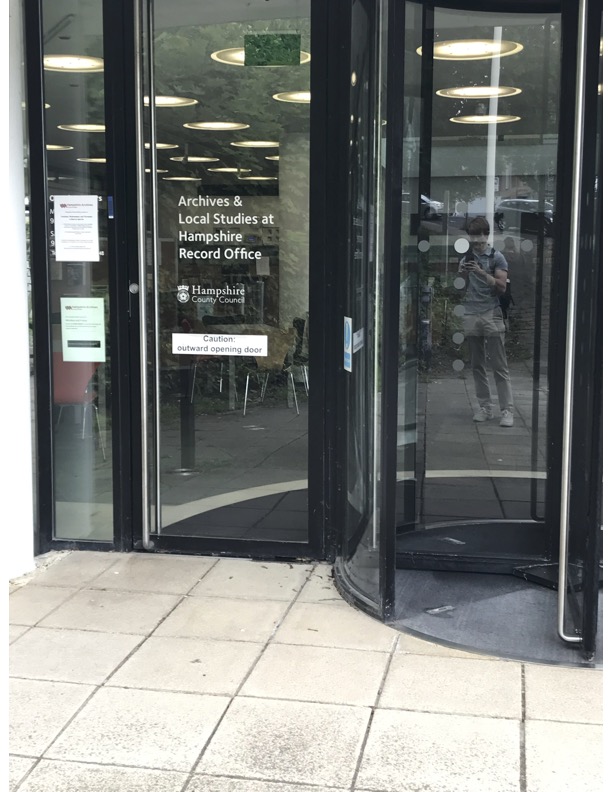
Because the Hampshire Archive is only open for a portion of the week, I used the rest of my time to explore other aspects of Henry of Blois’ episcopal career in Winchester. The librarian and archivist at Winchester College were kind enough to allow me to access their collections, and I examined manuscripts copied at Winchester during Henry’s episcopacy and charters that provided insight into his administration of the diocese. I walked up St. Giles’ hill, where the bishops held a yearly fair that brought merchants in from across Europe, to look over the city and imagine it as it had been during Henry’s time. I also visited Wolvesey Palace, an episcopal residence that Henry built up through extensive construction projects during his career. While only ruins survive today, they communicate something of the grandeur of the structure that archaeologist Martin Biddle called a “mirror to [Henry’s] own ecclesiastical and essentially political aspirations.” I visited the final resting place of Henry before the altar at Winchester Cathedral in a tomb of Purbeck marble, a material whose use he popularized in his many buildings. These experiences enriched my understanding of Henry and his career, providing me with a fuller understanding of his impact upon the city and diocese of Winchester, knowledge that will help me profoundly as I continue to work on my dissertation.”
